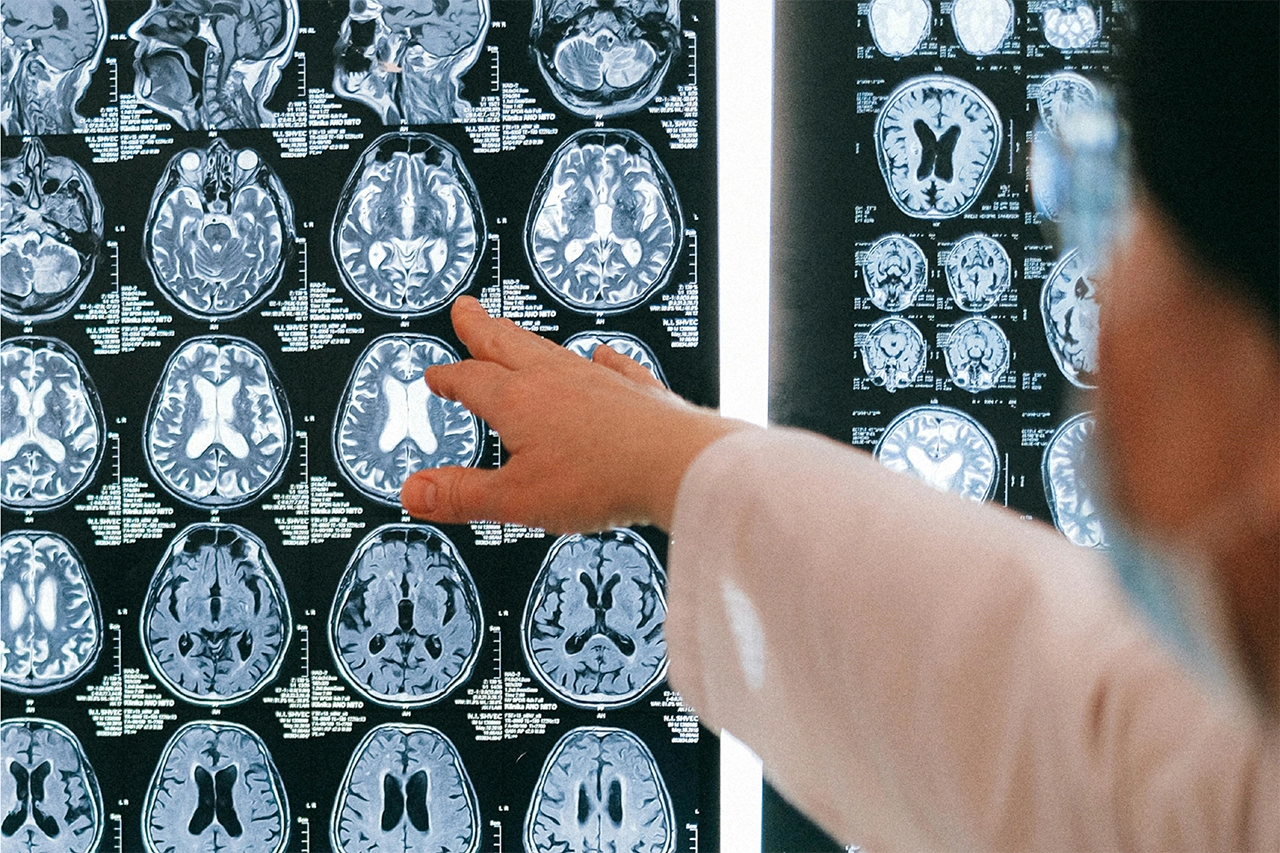Preventing dementia: how can B vitamins protect your brain?
Preventing ageing-related diseases is becoming increasingly important as life expectancy increases and the number of people who develop cognitive impairment rises. Mild cognitive decline is an intermediate state between normal age-related changes and dementia. It is a diagnosis made when perceived changes in cognitive functioning exceed those expected with ageing but are not yet pronounced enough to be defined as dementia. Memory problems and marked forgetfulness occur, but the person remains independent in everyday tasks. Mild cognitive impairment affects 14-18% of individuals over the age of 70, which means that about 14 million people in Europe have this condition. About half of them will develop Alzheimer’s disease or another form of dementia within five years, so finding ways to slow or prevent this process is crucial.




